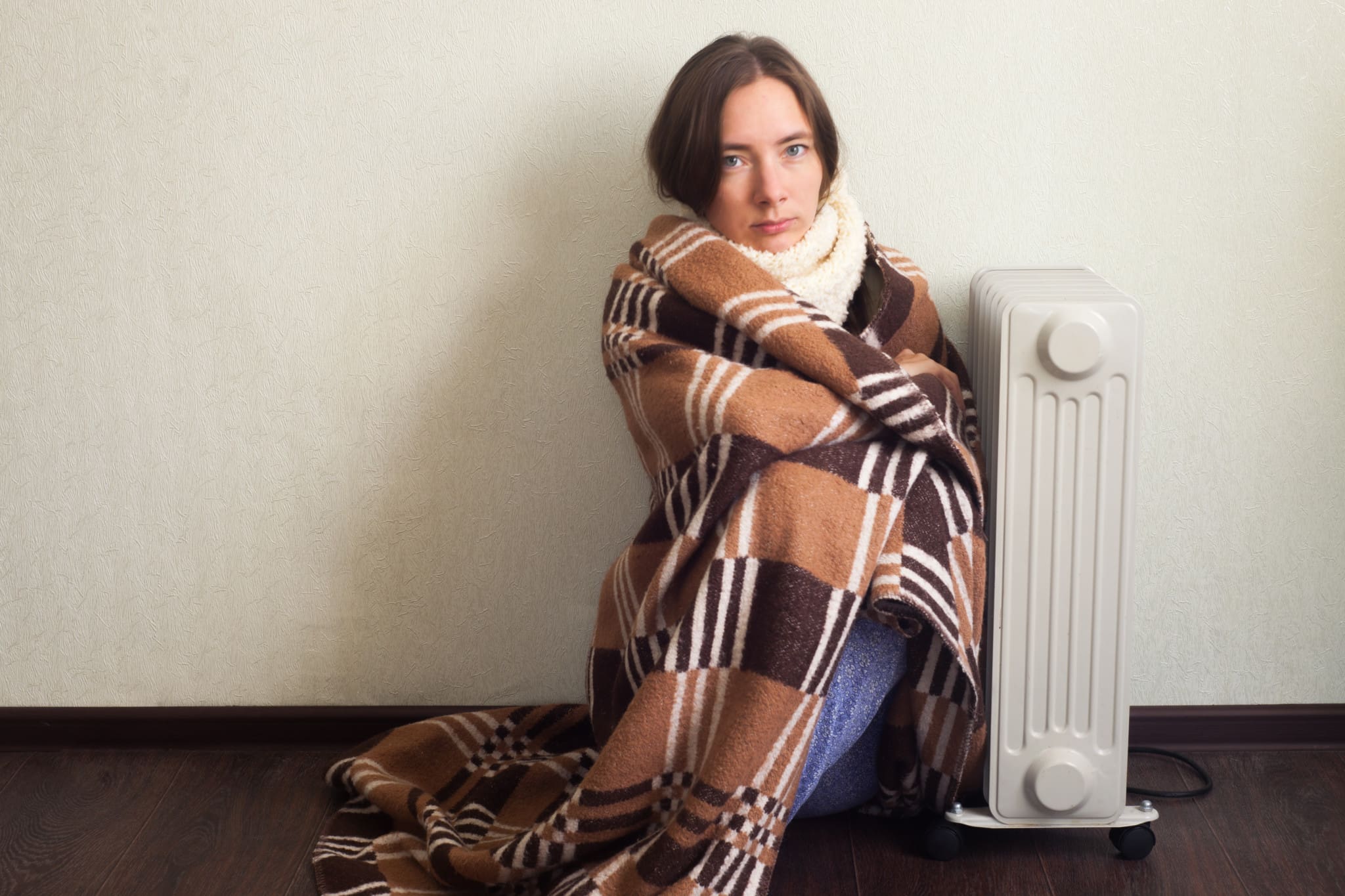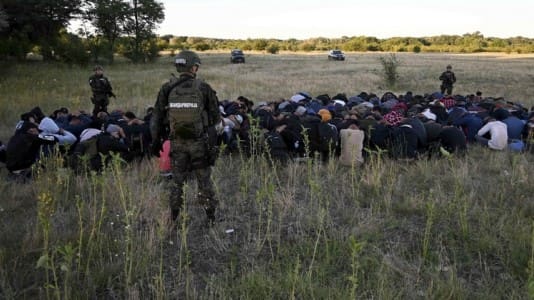As Germany inches closer to the fall and winter, many are buying electric heaters in the hope that they will not have to freeze in their homes and apartments if gas shortages arise. However, one top official is noting that the German electrical grid is far more fragile than many believe, and if citizens turn to electric heaters, it may lead to blackouts and a collapse of the grid.
Peter Lautz is the boss of the Stadtwerke Wiesbaden Netz utility company, which supplies 170,000 customers with electricity. He said that the looming energy crisis could place severe burdens on the country’s electrical grid.
He warns that electric radiators that can be plugged in could lead to a network overload, especially if a large number of people use the devices at the same time as temperatures drop, according to a report from German public broadcaster ZDF.
[pp id=43088]
Although there may be skeptics questioning whether electric heaters could really crash the grid, Lautz stated that these small heaters consume a huge amount of energy, between 1,000 and 3,000 watts.
“If everyone switched on a fan heater at home, it would mean that we would have to almost double the existing network structure on every street,” he said.
Lautz points to the sharp rise in sales of fans and electric heaters, with 600,000 heaters sold in the first half of 2022, reports GfK, which amounts to a 35 percent increase.
Around 20 million households in Germany heat with gas. Lautz warns that if every second household switched on a fan heater on a cold winter day, this would result in an additional power consumption of 20 gigawatts.
[pp id=44185]
Blackouts would not just hit private household but also affect German infrastructure, including cash payment systems, mobile phone networks, and street lighting, said Martin Kleimaier from the Association of Electrical Engineering (VDE). These networks could also be down for long periods of time.
The rise of electric vehicles also presents similar problems for Germany’s electrical grid. Experts are pushing for a smart digital electricity grid, which features meters that can switch off certain parts of the grid without threatening the entire grid. Kleinmaier says that millions of electric vehicles are planned for the future, but the grid needs to be modernized to avoid potentially devastating blackouts.





